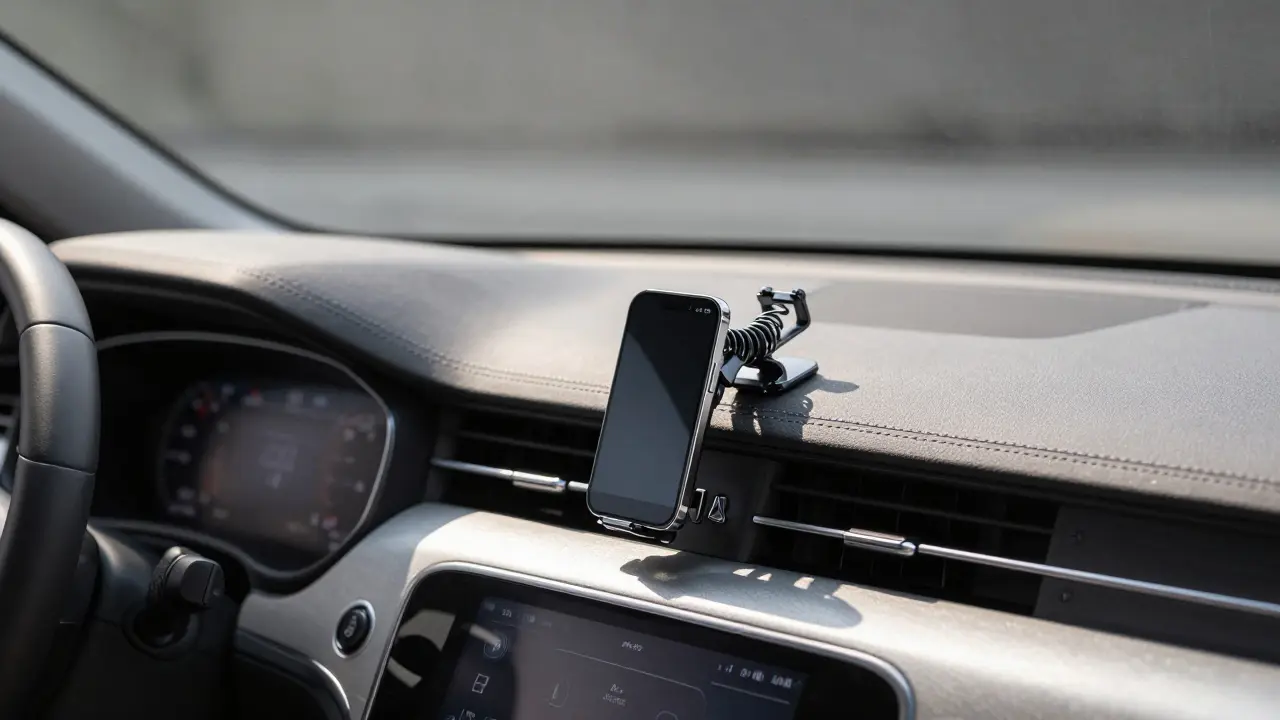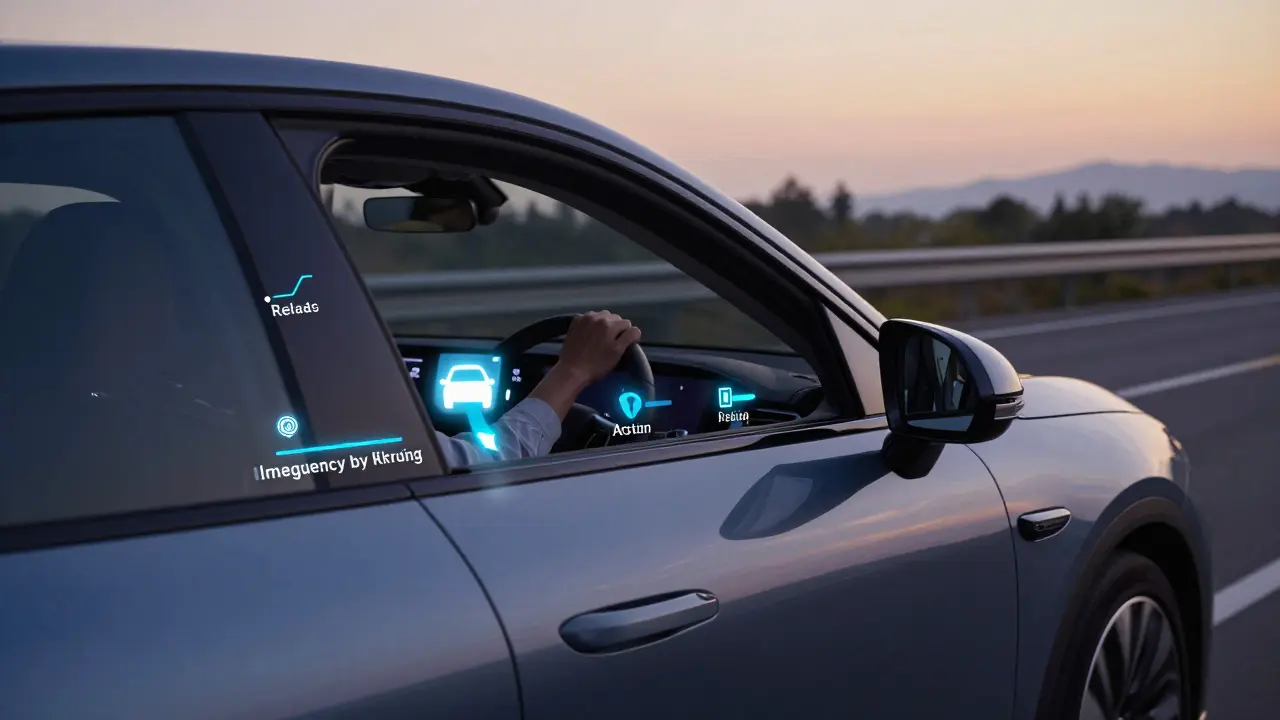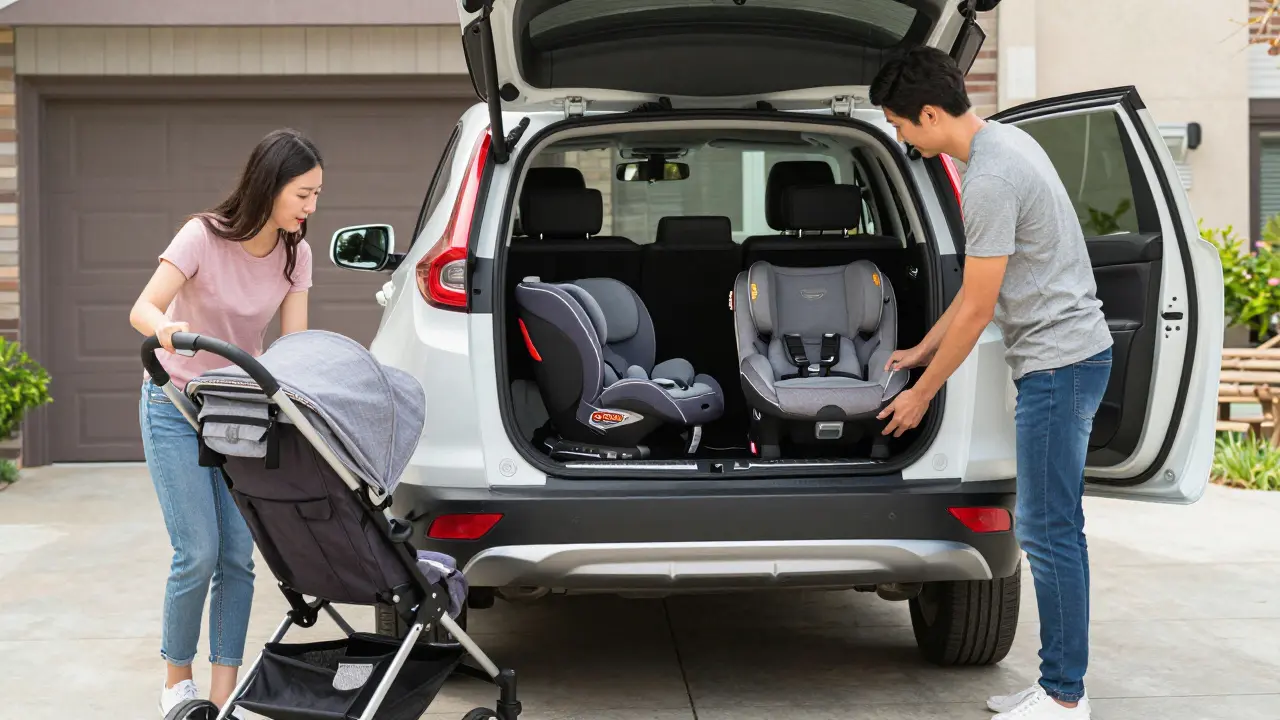Medication and Safe Driving: No-Nonsense Tips for Car Owners
If you take medication and drive, you can’t afford to ignore the way medicine and cars mix. Even common antibiotics or a new prescription from your doctor might affect your ability to focus, make decisions, or react quickly behind the wheel. Classic example? Some antihistamines or painkillers can make you drowsy—not exactly what you want when you’re merging onto the highway during rush hour.
It’s smart to talk openly with your doctor or pharmacist about every medication you take—don’t just grab the pills and dash. Ask them straight up: “Will this mess with my ability to drive?” If you’re starting something new, plan your first dose at a time when you don’t need to get in the car. Real patients who do this avoid nasty surprises and road mishaps. A study from the National Highway Traffic Safety Administration revealed that up to 20% of drivers involved in car accidents had medicines in their system—yikes.
Antibiotics are another biggie. People think, “It’s just antibiotics, I’ll be fine!” But certain ones like metronidazole can cause dizziness or nausea, which could hit while you’re on the road. Finish the full course exactly as told—skipping doses or quitting early puts your health at risk and may lead to more serious issues, especially if infections or side effects mess with your driving later on. Juggling prescriptions from multiple doctors? Always use the same pharmacy or share your full list of medicines, so a pharmacist can spot clashes or bad interactions before problems start.
Medication can also have an unexpected impact on vehicle maintenance and emergencies. For instance, if you’re feeling lightheaded or off-balance from your meds, you’re way more likely to forget about checking your tire pressure or skip a regular oil change, which can snowball into car trouble fast. Keep a checklist—both for your meds and your car—some folks even stick a Post-it on their dashboard as a reminder.
If you’re taking something new and unsure how it’ll affect you, ask a friend or family member to do the driving for a couple of days. Ride as a passenger until you’re sure you’re clear-headed and steady. Some medications have side effects that kick in a few hours after taking them—don’t assume you’re good to drive right away just because you feel fine at first.
Remember: side effects aren’t just about being sleepy. Blurry vision, slower reflexes, or even short attention lapses can be dangerous. Even if you haven’t had issues before, double-check the info leaflets that come with your medication—manufacturers update these all the time. Some people swear by setting a phone timer for pill times so they don’t double up or forget a dose, especially when traveling or changing routines.
Bottom line? Respect your meds like you respect your car’s warning lights—they’re both there for a reason. Stay up to date with your prescriptions, talk to your healthcare team, and never gamble with your health or your safety on the road.





